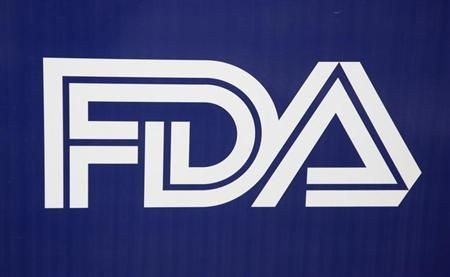FDA Issues Proposal To Improve The Safety Guidelines For Heart Defibrillators

A media briefing to discuss a medical device quality issue was held at noon today by Dr. William Maisel, chief scientist and deputy director for science at the Center for Devices and Radiological Health.
"Automated external defibrillators save lives," Maisel said. "However, the agency is concerned about the number of recalls and manufacturing problems that have been associated with these devices and we're committed to working with manufacturers to address these issues."
Automated external defibrillators or A.E.D.'s are devices used to monitor someone's heart rhythm and, if necessary, administer an electric current to reestablish the rhythm.
Recently the Food and Drug Administration declared that it will look into the regulations that govern the manufacturers of heart defibrillators. The FDA has received close to 45,000 adverse event reports between 2005 and 2012 associated with the breakdown of these devices.
Today the agency proposed an order aimed at helping manufacturers improve the quality and reliability of the device. If approved, the order will require manufacturers of these life-saving devices to submit premarket approval (PMA) applications.
PMA applications are required to contain clinical data to support a product's approval.
"If our proposed order is finalized, the FDA intends to focus its review of the pre-market applications on the more problematic aspects of AEDs," Maisel said.
Applications must include a review of a manufacturer's quality systems information and an inspection of its manufacturing facilities. After approval, companies must submit to the FDA any significant manufacturing changes made to the devices as well as annual reports of the device's performance.
The PMA application process will cost the companies that make the device $240,000 which will clearly have an effect on the availability of A.E.D's.
The American Red Cross states there are over 350,000 cardiac arrest cases in the Unites States each year. The association also believes that improved training and access to AEDs could prevent up to 50,000 of these deaths.
The FDA will take comments on the proposed order for 90 days.
Published by Medicaldaily.com



























